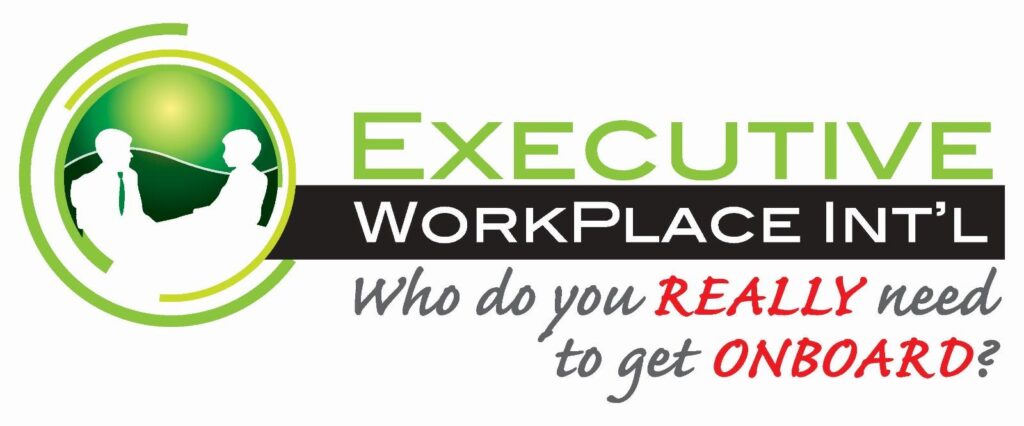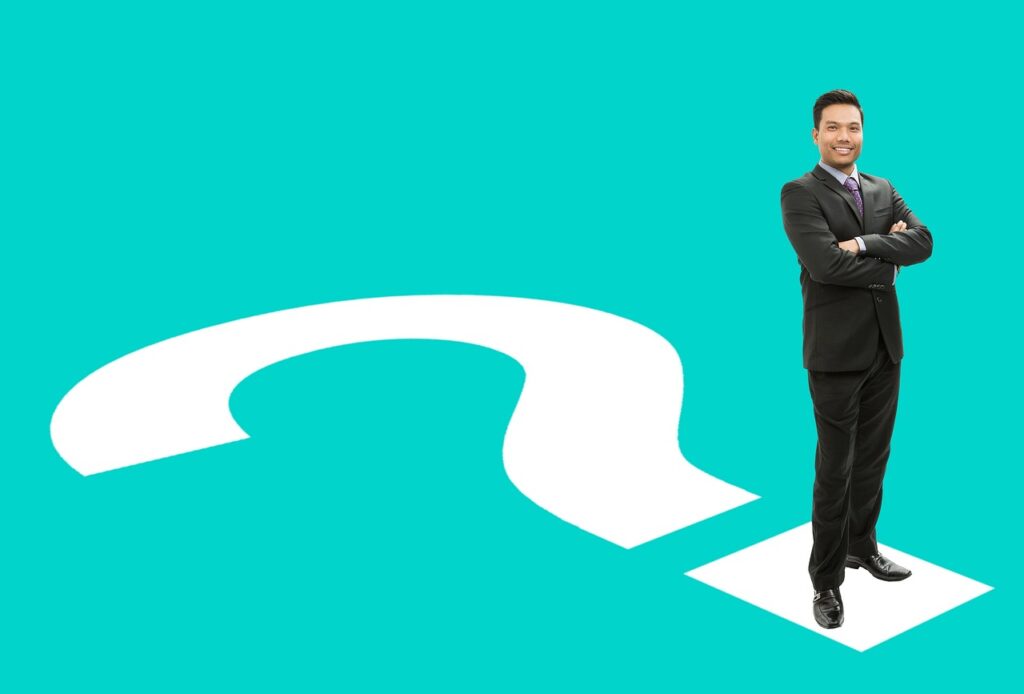Job searching can be overwhelming, and candidates often have numerous questions about how to stand out and succeed during the hiring process. This article addresses frequently asked questions (FAQs) from job seekers to help them navigate the application, interview, and hiring stages with confidence.
1. How can I make my resume stand out?
To make your resume stand out, tailor it to each job application by highlighting relevant experience, skills, and achievements. Use clear and concise language, and quantify your accomplishments whenever possible (e.g., “increased sales by 20%”). Ensure your resume is well-organized, easy to read, and free of errors. Including a professional summary that showcases your value can also capture a recruiter’s attention.
2. Should I include a cover letter with my application?
Yes, whenever possible. A cover letter provides an opportunity to introduce yourself more personally, explain why you’re interested in the position, and elaborate on how your experience aligns with the job. Tailor each cover letter to the specific role, showing that you’ve done your research on the company and are genuinely interested in the opportunity.
3. What should I expect during a job interview?
In a job interview, expect a mix of questions designed to assess both your technical skills and your fit with the company culture. Be prepared to discuss your past experience, answer behavioral questions (e.g., “Tell me about a time when…”), and explain why you’re interested in the role. It’s also common for employers to ask situational questions to see how you’d handle specific work challenges.
4. How should I prepare for an interview?
Research the company thoroughly, including its mission, culture, and recent news. Review the job description carefully, and be ready to discuss how your skills match the requirements. Practice answering common interview questions, especially those related to your experience and problem-solving abilities. Prepare thoughtful questions to ask the interviewer about the role, team, or company.
5. How do I answer questions about salary expectations?
When asked about salary expectations, it’s important to have researched the industry standard for the role and your level of experience. Provide a salary range that reflects your research, and be flexible. You can also ask the interviewer if there’s a salary range associated with the role. Avoid giving a specific number unless you’re certain of the salary expectations.
6. What should I do if I don’t hear back after an interview?
If you haven’t heard back within the expected timeframe, it’s appropriate to send a polite follow-up email. Reaffirm your interest in the position and inquire about the status of your application. However, be patient—some companies may have lengthy hiring processes.
7. How can I negotiate a job offer?
When negotiating a job offer, express gratitude for the opportunity and highlight the aspects of the offer you’re happy with. Then, discuss areas you’d like to adjust, such as salary, benefits, or work flexibility. Base your negotiation on research and your qualifications. Be respectful and open to compromise, as not all requests may be feasible.
8. What is the best way to answer questions about gaps in my employment?
Be honest and concise when explaining employment gaps. Focus on what you did during that time, such as developing skills, pursuing education, or handling personal responsibilities. Reassure the employer that you’re ready to return to the workforce and eager to contribute to their company.
9. How should I dress for an interview?
Research the company’s dress code and aim to dress slightly more formally than the standard. For most industries, business casual attire is a safe choice, but for corporate settings, formal business attire may be more appropriate. When in doubt, it’s better to be slightly overdressed than underdressed.
10. What questions should I ask at the end of an interview?
At the end of an interview, ask questions that demonstrate your interest in the role and the company. Good questions include: “What are the biggest challenges facing the team?” “What are the growth opportunities within the company?” and “How do you define success in this role?” Avoid asking about salary or benefits in the first interview unless the interviewer brings it up.
Conclusion
Job seekers face many questions throughout the application process, from resume writing to interview preparation and job offer negotiations. By addressing these common FAQs, candidates can feel more confident and prepared as they pursue their next opportunity.





